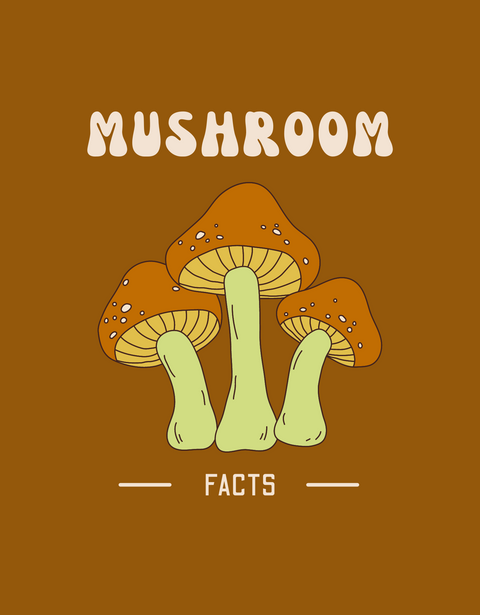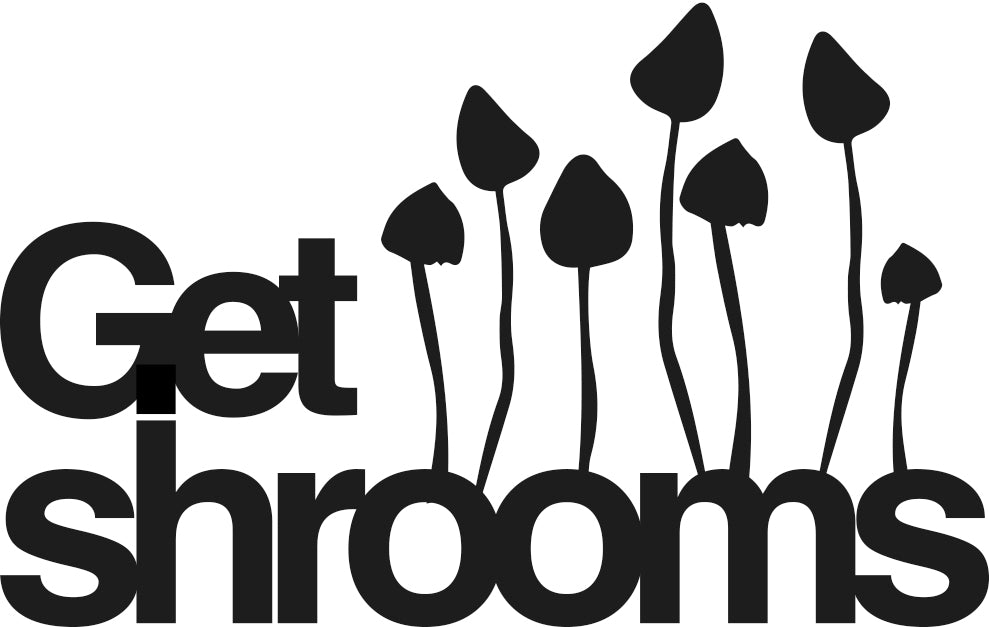
14 Unknown and interesting Facts about Mushrooms - You will be surprised!
Jul 16, 2023
Enter the fascinating world of mushrooms, which is filled with mystery and enchantment. We will explore the fascinating mysteries of these amazing mushrooms as we travel through forests, fields, and the depths of your mind. But hang on tight, for mushrooms have more to give than you would initially think. Beyond their beautiful shapes, they have a multitude of untapped health advantages. Mushrooms have the capacity to significantly improve our health, from boosting our immune systems to improving brain function. Join us on this thrilling journey as we explore the amazing ways that mushrooms may improve our lives by fusing cutting-edge science with ancient traditions. Get ready to be enchanted by their ethereal essence and explore a world where mushrooms defy convention.
1. Biggest Organism - The honey fungus (Armillaria ostoyae), which is the biggest organism on Earth, currently holds the title. Approximately 2,385 acres (965 hectares) of the Malheur National Forest in Oregon are covered by it.
2. These are Bioluminescent - Mushrooms with bioluminescence: Some mushrooms have the capacity to illuminate at night. The bioluminescence phenomena is brought on by a chemical reaction inside the mushroom.
3.Origins in the past: Mushrooms have existed for a very long period. Mushrooms predate the dinosaur era by more than 400 million years, according to fossil evidence.
4. Mycoremediation: Some types of mushrooms, such oyster mushrooms (Pleurotus spp. ), have the capacity to degrade and remove environmental contaminants. Mycoremediation is the name of the technique used to clean up hazardous waste, oil spills, and other toxins.
5. Psilocybin mushrooms - Sometimes referred to as "magic mushrooms," are fungi that contain the hallucinogenic substance psilocybin. These mushrooms have the potential to cause hallucinations and altered states of consciousness when consumed.
6. Antiviral - Some mushrooms, including the turkey tail mushroom (Trametes versicolor), have antiviral qualities. Because of their ability to strengthen the immune system and combat viral infections, they have been employed in conventional medicine.
7. Mycelium, or subterranean networks, are constructed by mushrooms. These networks are made up of thread-like structures that link and speak with other plants, allowing for the flow of information and nutrients.
8. Historical and Cultural Significance: Throughout history, many different societies have placed a high value on mushrooms. They have been portrayed in old cave paintings in addition to being utilised in religious rituals and as a source of food and medicine.
9. Health Advantages - Several edible medicinal mushrooms have health advantages in addition to their nutritional value. Examples include shiitake (Lentinula edodes), lion's mane (Hericium erinaceus), and reishi (Ganoderma lucidum), which are thought to promote immunological function.
10. Biodiversity: There are approximately 14,000 different species of mushrooms known to exist in North America alone. However, it's thought that there may be millions of different species of mushrooms in the globe, the bulk of which have not yet been identified and categorised.
11. Insecticidal characteristics - Some types of mushrooms, such the entomopathogenic fungus Beauveria bassiana, have insecticidal characteristics. The demand for chemical pesticides can be decreased by using these mushrooms to organically reduce agricultural insect populations.
12. Bioplastics: Scientists studying environmentally friendly materials are now interested in mushrooms. The vegetative portion of the fungus, called mycelium, may be utilised to make environmentally friendly and biodegradable packaging materials in place of conventional plastics.
13. Vitamin D Boost: Like our skin, many mushrooms may synthesise vitamin D when exposed to sunshine. Mushrooms are an excellent source of vitamin D, particularly for people who get little sun exposure. Exposing them to bright sunlight for a brief amount of time can boost their vitamin D concentration.
14. The fungus Fomes fomentarius is a fire starting agent.
These little-known facts about mushrooms illustrate their remarkable and varied features, from their potential uses in materials science and agriculture to their startling capacity to create vitamin D and even help ignite fires. As we learn more about their untapped potential, mushrooms continue to astound and amaze.


